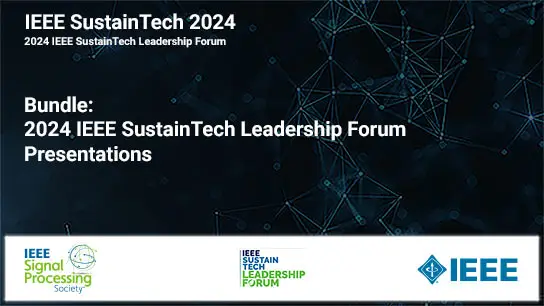Self-Supervised Text-Independent Speaker Verification Using Prototypical Momentum Contrastive Learning
Wei Xia, Chunlei Zhang, Chao Weng, Meng Yu, Dong Yu
-
Members: FreeSPS
IEEE Members: $11.00
Non-members: $15.00Length: 00:14:18
10 Jun 2021
In this study, we investigate self-supervised representation learning for speaker verification (SV). First, we examine a simple contrastive learning approach (SimCLR) with a momentum contrastive (MoCo) learning framework, where the MoCo speaker embedding system utilizes a queue to maintain a large set of negative examples. We show that better speaker embeddings can be learned by momentum contrastive learning. Next, alternative augmentation strategies are explored to normalize extrinsic speaker variabilities of two random segments from the same speech utterance. Specifically, augmentation in the waveform largely improves the speaker representations for SV tasks. The proposed MoCo speaker embedding is further improved when a prototypical memory bank is introduced, which encourages the speaker embeddings to be closer to their assigned prototypes with an intermediate clustering step. In addition, we generalize the self-supervised framework to a semi-supervised scenario where only a small portion of the data is labeled. Comprehensive experiments on the Voxceleb dataset demonstrate that our proposed self-supervised approach achieves competitive performance compared with existing techniques, and can approach fully supervised results with partially labeled data.
Chairs:
Takafumi Koshinaka





